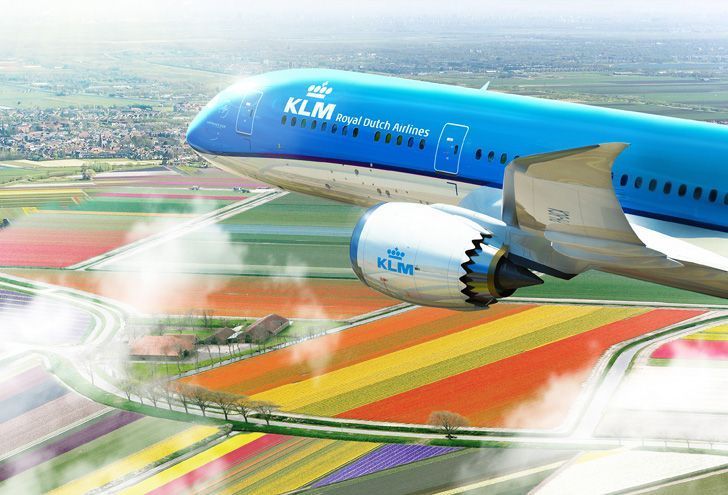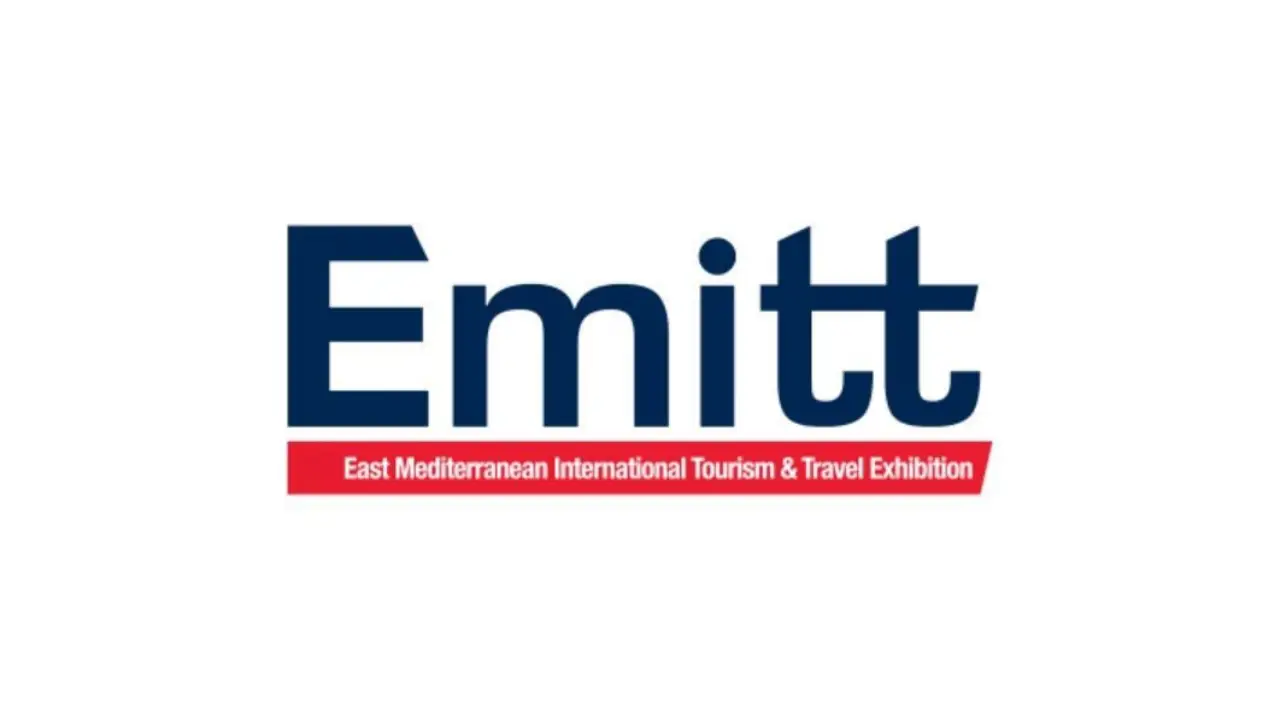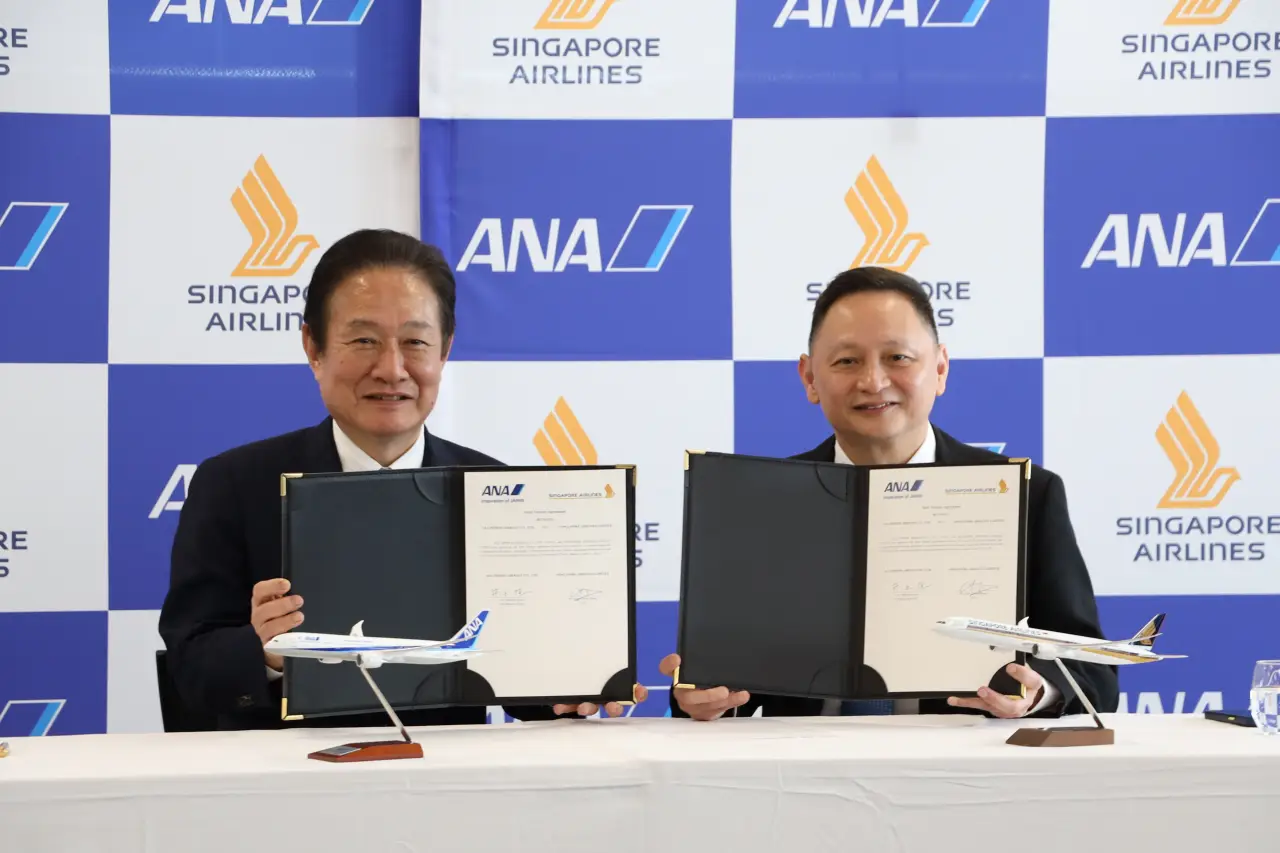Qantas and Jetstar will roll out a series of wellbeing improvements to give peace-of-mind in preparation for domestic travel restrictions easing.
The ‘Fly Well’ program brings together a number of temporary measures already in use by the Qantas Group, including on repatriation flights from virus hot-spots, and represents a combination of best-practice medical advice and feedback from customers.
Rolling out from 12 June, the key measures at each point of the journey will be:
Pre-flight
- Information sent to all customers before they fly, so they know what to expect.
- Contactless check-in (via online/app) and self-serve bag drop strongly encouraged, including use of Q Bag Tags.
- Hand sanitising stations at departure gates.
- Temporary changes to Qantas Lounges, including increased physical distancing, hand sanitising stations, enhanced disinfection of surfaces and adjustments to food and drink service.
- Working with airports on other safeguards in the terminal, including regular disinfection of security screening points and installing hygiene screens at airline customer service desks, wherever practical.
On board
- Masks provided to all passengers on each flight – while not mandatory from a safety point of view, they are recommended to be worn in the interests of everyone’s peace-of-mind.
- Enhanced cleaning of aircraft with a disinfectant effective against Coronaviruses, with a focus on high contact areas – seats, seatbelts, overhead lockers, air vents and toilets.
- Sanitising wipes given to all passengers to wipe down seat belts, trays and armrests themselves, if preferred.
- Simplified service and catering to minimise touchpoints for crew and passengers.
- Passengers asked to limit movement around cabin, once seated.
- Sequenced boarding and disembarkation to minimise crowding.
In addition, the air conditioning systems of all Qantas and Jetstar aircraft are already fitted with hospital-grade HEPA filters, which remove 99.9% of all particles including viruses. Air inside the cabin is refreshed on average every five minutes during flight.
All airline employees are required to follow strict personal hygiene protocols, for the benefit of themselves and others.
All passengers are encouraged to download the Australian Government’s COVIDSafe app as part of improving the ability of health authorities to contain the spread of Coronavirus. In-line with public health advice, anyone with cold and flu like symptoms should stay at home.
Qantas Group CEO Alan Joyce said: “Safety is absolutely core to how we operate and that applies to new challenges like managing the risk of coronavirus so people can fly with confidence.
“From the early rescue flights we operated right into Wuhan and then more recently bringing Australians back from places like the US and Europe, we have a lot of experience at creating a safe cabin environment for passengers and crew.
“We’re relying on the cooperation of passengers to help make these changes work for everyone’s benefit, and we thank them in advance for that. Given the great job Australians have done at flattening the curve, we’re confident they’ll respond positively to these temporary changes to how we fly.
“We’ll continue to work with government and monitor the rollout of these measures closely, which are designed with safety in mind and help people feel comfortable given the new norms that have emerged in response to the Coronavirus crisis,” added Mr Joyce.
Qantas Group Medical Director, Dr Ian Hosegood, said: “The data shows that actual risk of catching Coronavirus on an aircraft is already extremely low. That’s due to a combination of factors, including the cabin air filtration system, the fact people don’t sit face-to-face and the high backs of aircraft seats acting as a physical barrier. As far as the virus goes, an aircraft cabin is a very different environment to other forms of public transport.”
“Social distancing on an aircraft isn’t practical the way it is on the ground, and given the low transmission risk on board, we don’t believe it’s necessary in order to be safe. The extra measures we’re putting place will reduce the risk even further,” added Dr Hosegood.
The Fly Well program will be reviewed after its first month of operation and shaped by customer feedback and medical advice.
IMPROVED FLEXIBILITY FOR CUSTOMERS
Customer research shows 98 per cent of frequent flyers are planning their next trip once restrictions lift. To help improve flexibility as travel restrictions are steadily adjusted, Qantas and Jetstar are introducing more flexibility from today.
- Domestic : Customers can book any Qantas or Jetstar Australian domestic flight between 21 May and 30 June 2020, for travel between 12 June and 31 October 2020, and we will waive the change fee one time if you decide to change the date of your travel. Customers will have to cover any fare increase (if relevant) for the new booking.
- International flight credit extension: Further flexibility has been introduced for international bookings (excluding Trans-Tasman). Customers with an existing Qantas or Jetstar international flight booking, for travel between 1 August and 31 October 2020, who wish to change their plans, can cancel their booking and retain the full value as a flight credit. Flight credits must be requested by 30 June 2020 and are valid for booking and travel across domestic and international services by 31 December 2021. Jetstar credit vouchers allow up to two years to travel from issue date. Customers will have to cover any fare increase (if relevant) for the new booking.
If a flight is cancelled by us, customers will be rebooked on the next available flight at no additional cost. Alternatively, customers can choose a flight credit or a refund.













